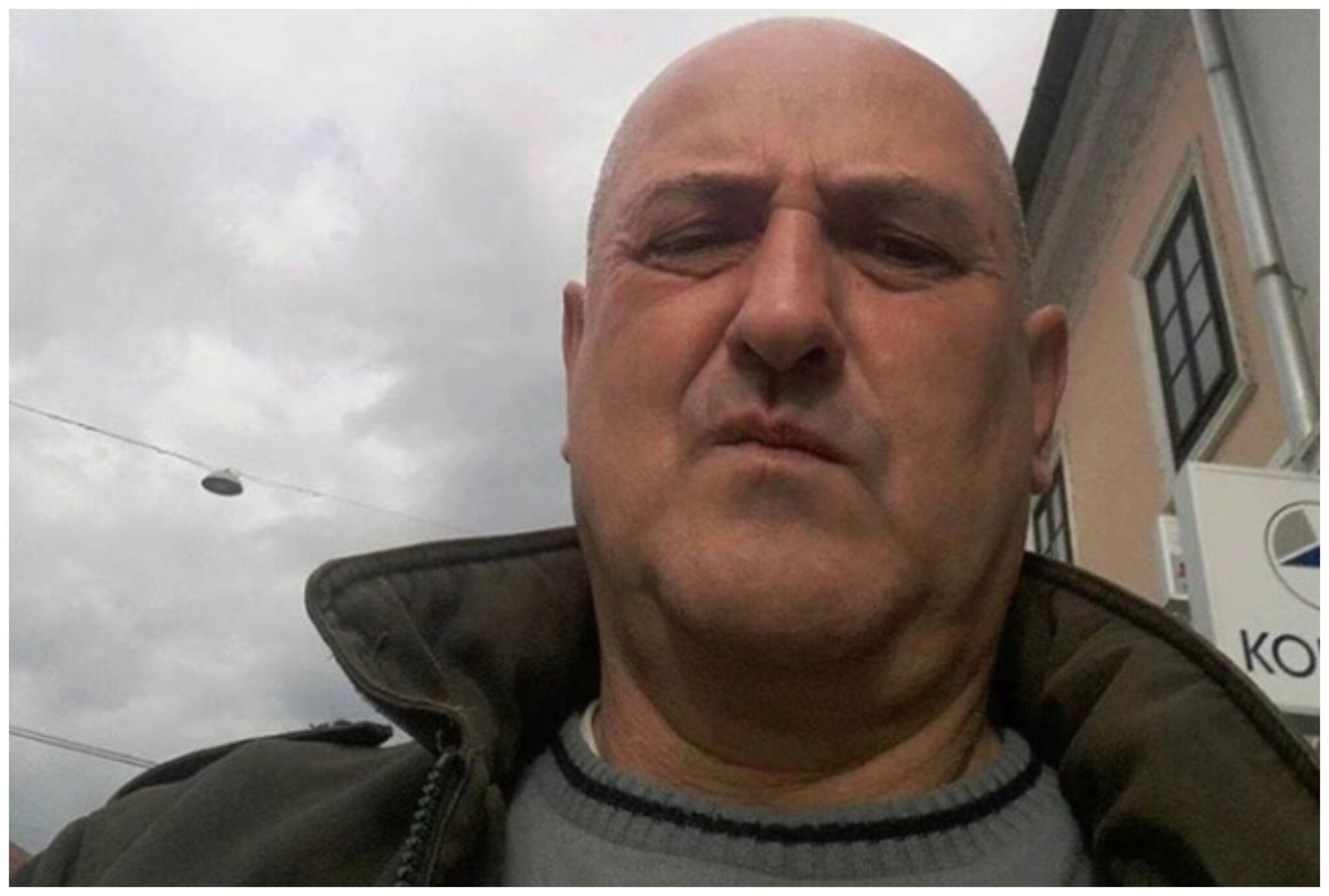By Sara Kovač (nova24tv.si)
“Janša needs to be killed, there is no other way around it. He has been causing problems for 30 years now, for God’s sake,” Ludvik Tomšič shouted to the cameras some time ago, and later even admitted that he has no regrets when it comes to his call to kill Janša – “Janša should be hit over the head with a pickaxe,” added Tomšič, the relative of the national hero Tone Tomšič. However, the Prosecutor’s Office did not consider Tomšič’s calls to “kill Janša” as incitement to hatred, violence and intolerance and did not process what happened according to Article 297 of the Criminal Code. On Tuesday, however, the main hearing took place in Court, as Tomšič has been charged with the offence of threat under Article 135 of the Criminal Code.
“Janša needs to be killed, there is no other way around it. He has been causing problems for 30 years now, for God’s sake,” Ludvik Tomšič shouted into the cameras some time ago – and the same extremist shouted “Kill Janša!” at the “Without Fear – Against the Coalition of Hate” rally, and on Facebook he wrote, among other things, “Putting the Home guards in the Barbara Pit is the only option.” At the time of the rally, the organisers of the rally “Without Fear – Against the Coalition of Hate” filed criminal charges against an “unknown person” who shouted “Kill Janša,” but the head of the Ljubljana Prosecutor’s Office, Katarina Bergant, dismissed the criminal charges. “Since criminal proceedings can only be filed against a known person, the Prosecutor’s Office, which is not a law enforcement body but a law enforcement authority, cannot initiate criminal proceedings against an unidentified participant or participants in the rally,” she explained.
The Friday’s “Without Fear – Against the Coalition of Hate” rally took place at the end of February 2020, before the official inauguration of Janez Janša‘s government. The rally also stopped in front of the Modern Centre Party (Stranka modernega centra – SMC) and Democratic Party of Retirees of Slovenia (Demokratska stranka upokojencev Slovenije – DeSUS) headquarters, where rally participants expressed their disagreement with the fact that the parties had decided to enter into a coalition with the Slovenian Democratic Party (Slovenska demokratska stranka – SDS) and the New Slovenia party (Nova Slovenija – NSi). Security officers heard shouts at the rally by an unknown man with a dog, calling for the killing of Janez Janša and informed the police about it, who, according to the Dnevnik newspaper, subsequently dealt with the man. The main Slovenian media remained silent about the threats for several days, while the rally itself was covered extensively. Janša expressed his astonishment that the state authorities did not take appropriate action, as they are obliged to do so under Article 297 of the Criminal Code, which explicitly prohibits public incitement to hatred, violence and intolerance. Under this article, they would have been expected to act.
The Prosecutor’s Office in Ljubljana dismissed the criminal charges that were filed because of the posters and the slogans “Death to Janšaism, Freedom to the Nation,” because it believed that the crime of incitement to hatred and intolerance was not a crime that should be prosecuted ex officio. The Prosecutor’s Office also did not consider Tomšič’s shouts to be incitement to hatred, violence and intolerance. The events were verified as a threat to Janša personally (Article 135 of the Criminal Code), and proceedings could only be initiated if Janša had personally initiated them against Ludvik Tomšič. “An unprecedented disgrace. They prosecuted the person who hung the flag of the Land of Carniola and the mother who lit a candle for her unburied son. Prosecutor: Calls for Janša’s murder are not incitement to hatred, violence and intolerance,” Janša tweeted at the time. Given that Tomšič did not face consequences for his threats, he continued making them at later protests, too, saying, among other things, that he “would have solved the situation already” and that he was also planning to do so. Journalist Nenad Glücks wrote in the Reporter magazine that in a conversation with Tomšič, a relative of the national hero Tone Tomšič, he learned that Tomšič in no way regretted his call against Janša, to which the latter even added: “Janša should be hit over the head with a pickaxe.”
From what we are seeing now, it can be inferred that former Prime Minister Janša then initiated the proceedings against Tomšič, as the main hearing in the criminal case against the accused was held on Tuseday, for the offence of making threats, under Article 135 of the Criminal Code. “Whoever, with intent to intimidate or alarm, seriously threatens to attack a person’s life or body or liberty or to destroy property of great value, or to commit such acts against a person close to him, shall be liable to a fine or to imprisonment for a term not exceeding six months.” The hearing at the District Court was convened by Judge Jerca Oblak. Article 297 of the Criminal Code could have given the defendant a higher sentence, which imposes a prison sentence of up to two years for anyone who publicly incites or spreads hatred, violence or intolerance. But, as already mentioned, publicly calling for Janša to be killed immediately was not recognised by the prosecution at the time as inciting or stirring up hatred.
